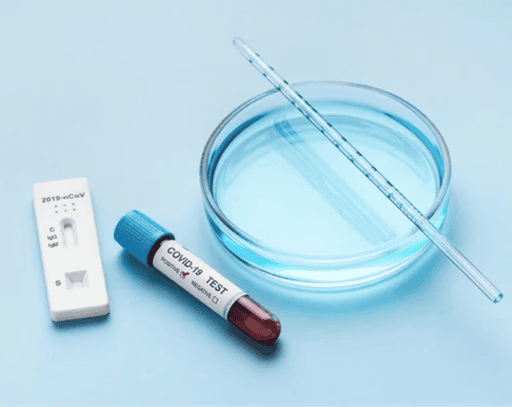Biology in Action
Key services

Bio-Pharmaceuticals
High-quality oncology therapeutics

Enzymes & Biocatalysts
Eco-friendly enzyme solutions

In-Vitro Diagnostics
Fast, precise disease diagnostics

Pharmaceutical API & Intermediates
Innovative medicines created from living cells
PRODUCTS
CRO Activities
Custom Microbial Strain Engineering
Unlock the potential of microorganisms with our advanced strain engineering services, optimised for enhanced performance and tailored applications in biotechnology and healthcare.
Fermentation Process Optimization
Achieve scalable and efficient production with our expertise in fermentation and bioprocess development, delivering high yields and consistent quality for your projects.
Tailored Enzyme & Biocatalysts Research
Revolutionise industrial processes with our precision-engineered enzymes and biocatalytic solutions, designed for sustainability and efficiency in diverse applications.
Diagnostic Kit & Tool Development
Bring cutting-edge diagnostic solutions to life with our R&D expertise, creating reliable and accurate diagnostic kits and tools for improved healthcare outcomes.
Lorven biologics
© 2025 Lorven Biologics. All Rights Reserved.
Empowering Science, Enriching Lives.










